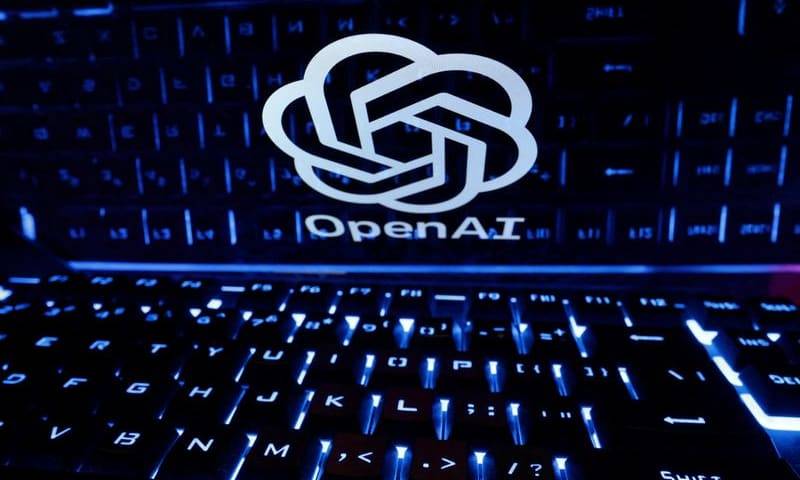OpenAI in Talks to Become a For-Profit Company: What This Means for AI Development
OpenAI, the artificial intelligence company co-founded by Sam Altman, is reportedly in discussions with the California Attorney General’s office to restructure as a for-profit entity. Originally founded as a non-profit in 2015, OpenAI’s transition to for-profit status would represent a significant shift in its governance model. This move could allow the AI leader to attract even more investor support while maintaining its commitment to ethical AI development.
OpenAI’s Evolution from Non-Profit to For-Profit
The company was founded as a non-profit research lab, focused on advancing AI technology for the benefit of all. A move to a for-profit model could broaden its investor appeal, providing more resources for rapid innovation in AI. OpenAI has yet to officially confirm these plans, but a representative for the California Attorney General’s office has not commented on the matter, as reported by Bloomberg.
Potential Restructuring: Investor Attraction and Non-Profit Involvement
Earlier reports from Reuters revealed that OpenAI had been working on a plan to convert into a for-profit benefit corporation. The restructured company would still be partially owned by its original non-profit entity, ensuring that OpenAI’s foundational values remain intact. If successful, this shift could further secure OpenAI’s position in the global AI market, especially as it continues to develop widely-used tools like ChatGPT.
A Record-Breaking Valuation
The timing of this potential transition aligns with OpenAI’s recent success in fundraising. In October, the company closed a $6.6 billion funding round, with the latest valuation potentially reaching $157 billion. This immense valuation highlights the company’s growth and the escalating demand for AI-driven solutions, drawing significant attention from Microsoft and other major investors.
Implications for the Future of AI
With OpenAI’s planned for-profit shift, the organization could gain even more resources for technological development, pushing the boundaries of what’s possible in AI. This change may also influence how AI advancements are balanced with ethical considerations, a priority that OpenAI’s non-profit origin will continue to shape. OpenAI’s strategy moving forward will be closely watched, as it may impact the AI industry’s approach to investor relations, research funding, and technology deployment.
This move toward becoming a for-profit business demonstrates OpenAI’s dedication to advancing artificial intelligence at a competitive pace while ensuring ethical standards remain a guiding principle.







